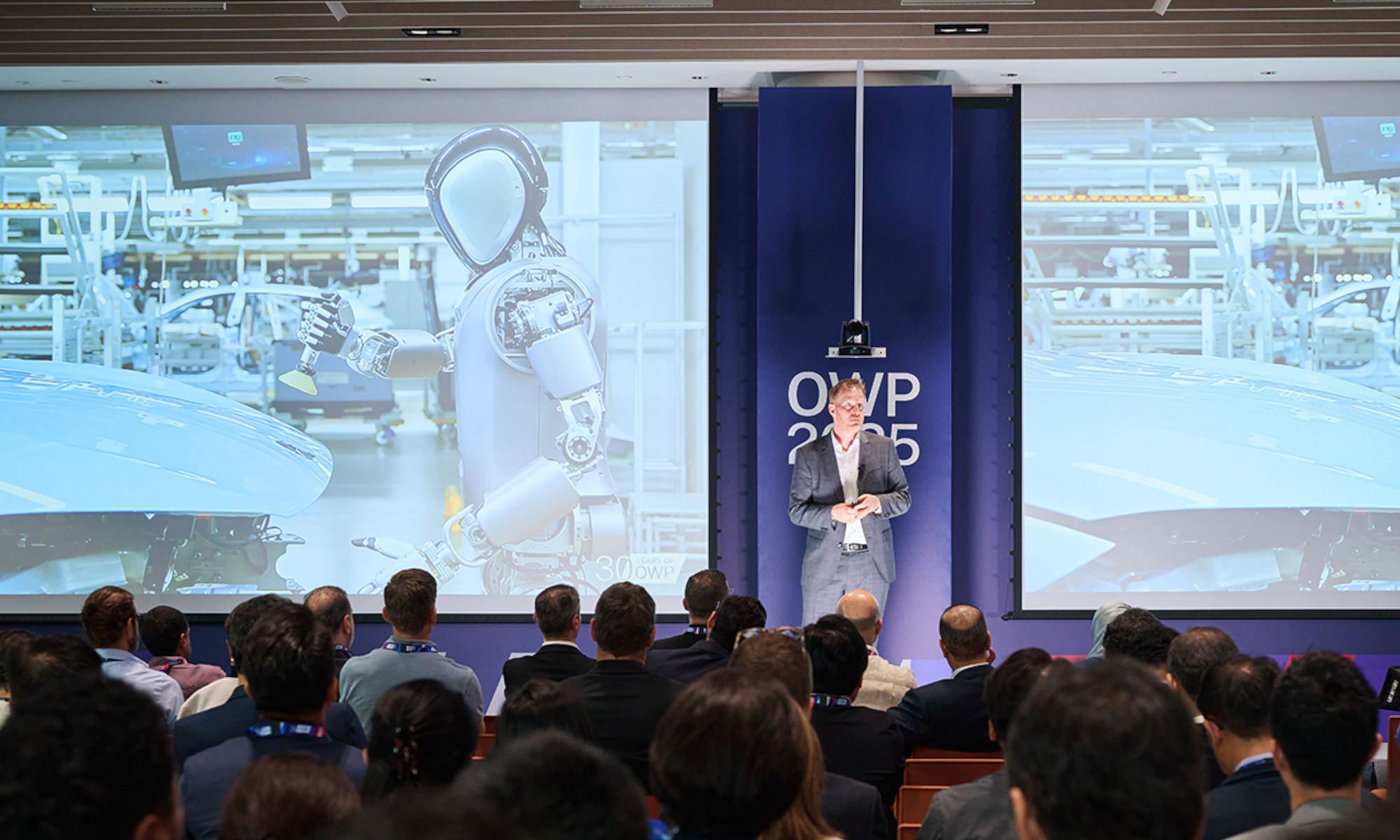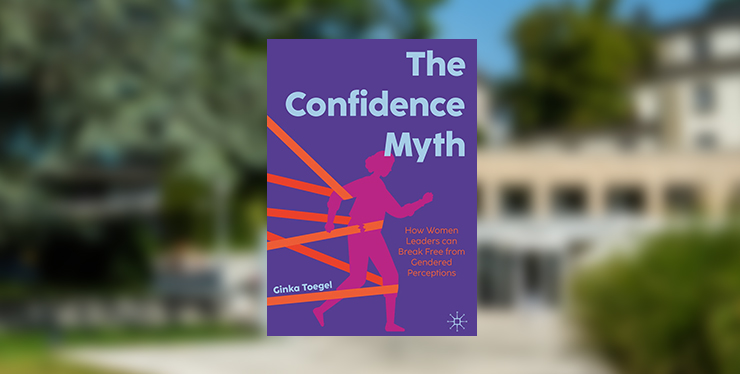
Brexiteers should face harsh consequences
While I think collective punishment is small and often self-defeating, I think the U.K. needs to face harsh consequences for abandoning the E.U.
Why? In a word, deterrence. Brexit strikes at the heart of the European project, a hard-won accomplishment that ended hundreds of years of violence between national states, and brought economic prosperity to tens of millions. In deciding to leave, the British have struck a deadly blow, one that already has encouraged other nationalist parties throughout Europe to further foment their own “leave” campaigns. These nationalist movements, if successful, would only bring more economic chaos as well as intolerance in my opinion – and the only way to do deter them is to make the British understand the full cost of their decision.
Brexit was sold to the people of the U.K. as a “you can have your cake and eat it too” proposition. Leaving the E.U., they were told, would lead to a utopian arrangement where the British would retain all the economic benefits of being part of the single market, without having to pay any of the costs in terms of regulatory constraints or free movement of labor.
In the words of Theresa May, the U.K. Prime Minister at her party’s October conference: “I know some people ask about the ‘trade-off’ between controlling immigration and trading with Europe. But that is the wrong way of looking at things. We have voted to leave the European Union and become a fully-independent, sovereign country. We will do what independent, sovereign countries do. We will decide for ourselves how we control immigration. And we will be free to pass our own laws.”
Ms. May is of course right about what Britain will be able to do – control immigration and pass laws. But she must be shown to be completely wrong about there being ‘no trade-off’. In fact, the rest of Europe must make clear that the U.K. cannot just renegotiate only the parts of the E.U. that were beneficial to it. It is important that the U.K. and the rest of the E.U. understand that there are real long-term consequences for the countries that decide or threaten to leave, even if that causes short-term pain within the bloc itself. Automatic passporting of financial products offered by City of London banks should end, their businesses gutted, and their bases of operations moved to Europe. Punitive tariff regimes should be imposed. Access to “soft” options such as the European Free Trade Association (EFTA) should be denied. The Scottish and Welsh should be welcome to join the E.U. if they decide to declare independence.
In short, in every way possible, the U.K. (because it really is about what its voters chose) must be made to suffer for the decision, which I think they took far too lightly. To do otherwise is to further open the door to other opportunists throughout Europe to destroy the Union. With what we have seen so far in the U.K. Brexit has led to increasing intolerance-related violence and inevitable economic consequences like the Pound’s freefall. And, there’s certainly more to come. Let any other EUexiteers beware.
Michael D. Watkins is Professor of Leadership and Organizational Change at IMD. He co-directs Transition to Business Leadership (TBL), a program designed for experienced functional managers who either have recently transitioned or will soon transition into a business leadership position.
Research Information & Knowledge Hub for additional information on IMD publications
This exercise provides a structured reflection tool designed to help individuals explore the significant events, emotional highs and lows, and patterns that have shaped their personal and professional journeys. Commonly used in executive education...
When Antje Kanngiesser became CEO of Swiss energy company ALPIQ, she inherited a traditional culture, weary from restructuring and leadership churn. Partnering with IMD Professor Susan Goldsworthy, she launched a Secure Base Leadership program to ...
Listen to the critics and you would think Europe was finished. Too bureaucratic, they say. Cannot agree on migration. Moving at glacial pace while Silicon Valley races ahead. It has become such a tired narrative that we have almost started believi...
Research Information & Knowledge Hub for additional information on IMD publications
Research Information & Knowledge Hub for additional information on IMD publications
Research Information & Knowledge Hub for additional information on IMD publications
Research Information & Knowledge Hub for additional information on IMD publications
Research Information & Knowledge Hub for additional information on IMD publications
Research Information & Knowledge Hub for additional information on IMD publications
in I by IMD
Research Information & Knowledge Hub for additional information on IMD publications
in I by IMD
Research Information & Knowledge Hub for additional information on IMD publications
Research Information & Knowledge Hub for additional information on IMD publications
Research Information & Knowledge Hub for additional information on IMD publications








